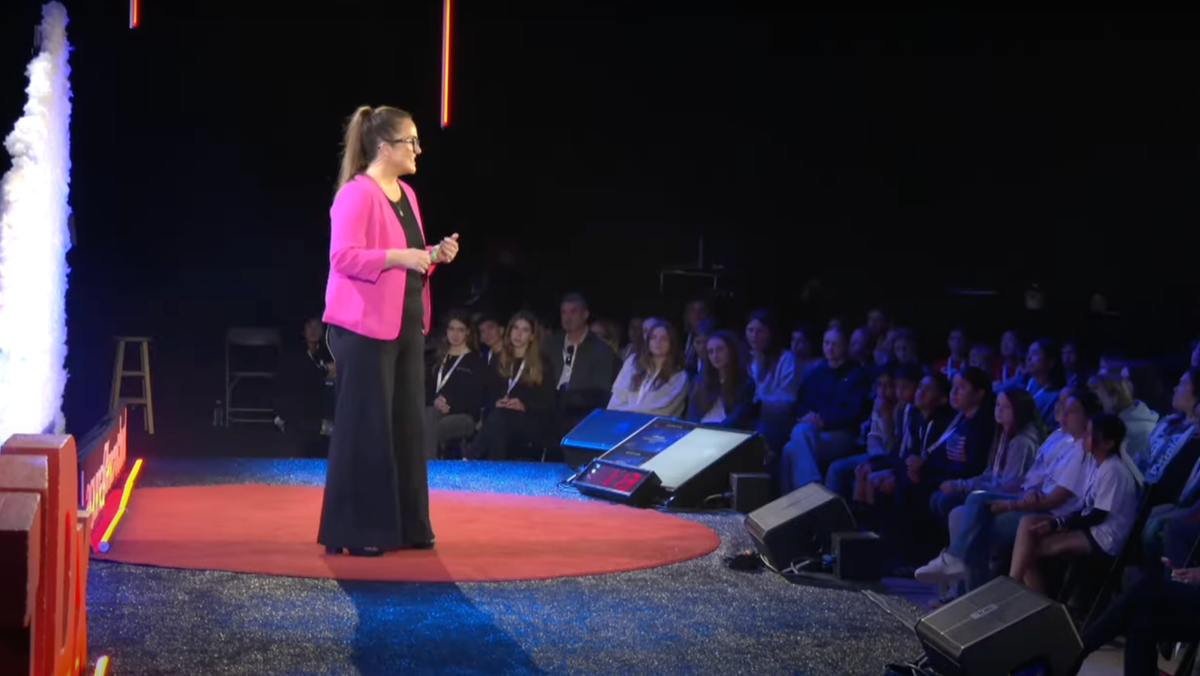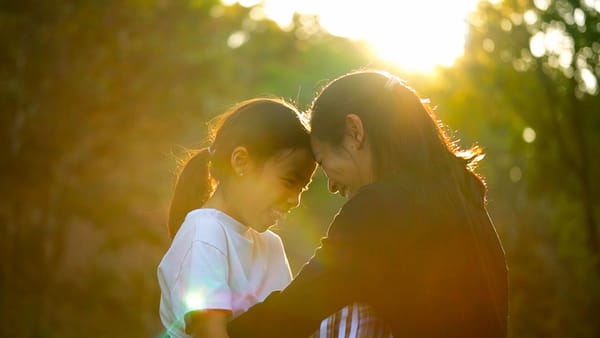The Muffin Effect: The Power of Kindness & Belonging

Some moments in life define us—not the grand, sweeping events, but the small, consistent acts of kindness that remind us we belong. For my family, one of those defining moments didn’t happen in a grand gesture or a headline-worthy act. It happened in a little bakery, over a simple muffin.
It’s hard to explain what it feels like to be a family raising a child with autism. You carry a silent weight—one made heavier by the stares, the misunderstandings, the whispered judgments. My son doesn’t fit neatly into the mold that society expects, and because of that, we’ve often found ourselves standing on the edges, trying to carve out a space where he is welcomed and understood.
But in this small bakery, something different happened.
Every morning, we made our way to the bakery—not just for a treat, but for something far more meaningful. For my son, this routine was a lesson in life skills: waiting in line, practicing patience, learning to communicate his order. These weren’t small things for him; they were milestones.
I’d gently encourage him to say “please” and “thank you,” to place his own order, to practice the interactions that so many take for granted. Some days, it was easy. Other days, it was excruciating. The world often moves too fast for kids like mine—too impatient, too rigid in its expectations. But inside that bakery, something special happened.
The staff didn’t rush him. They didn’t sigh when it took him an extra few moments to speak. They learned his name. They learned how he communicated, how he processed. They became a part of his world, not by making grand accommodations, but by doing something so simple, so profound: they chose patience.
They saw him.
And that changed everything.
There were other places where we weren’t so lucky.
One morning, not long ago, my son was struggling. His stimming—his way of self-regulating—was more intense that day. I called his school to let them know he wouldn’t be coming in, explaining the behaviors he was experiencing, just as I had before.
But that day, the response was different.
An hour later, four police officers in bulletproof vests stormed into our home.
The school had filed a report, labeling my son as “emotionally disturbed” and “unstable,” conveniently omitting his autism diagnosis. A loophole in the system allowed them to do this—a gap in understanding that turned my son from a child who needed support into a perceived threat.
The trauma of that moment was indescribable. The place that was supposed to support him had instead deemed him dangerous. In that instant, my worst fears about the world became real: my child, for simply being himself, was seen as a problem to be dealt with, not a person to be understood.
When the officers arrived, they were prepared for a crisis—not a child in need. But as we explained his autism diagnosis, their entire approach shifted. One officer admitted that had they known about his diagnosis beforehand, they would have handled everything differently—perhaps with fewer officers, without bulletproof vests, and with a focus on de-escalation rather than intervention. But by then, the damage had already been done.
My son’s way of coping with the world had been framed as a danger instead of a difference. And the reality was clear: the systems meant to support him had failed him, leaving those who responded unaware of the full picture
In the aftermath of that traumatic day, I found myself grasping for something—anything—to remind me that the world wasn’t entirely like that. That there was still kindness, still places where we belonged.
And I kept coming back to the bakery.
The staff who greeted him by name. The ones who waited as he worked up the courage to say his order. The ones who saw his joy in getting his favorite muffin and, in doing so, made him feel like part of something bigger than just a transaction.
That’s when I realized: these moments, these small acts of understanding, are everything.
I call it The Muffin Effect—the idea that simple kindness, when extended consistently, has the power to transform lives.
It’s easy to think of inclusion as something big, something complicated. But in reality, it starts in the everyday moments. In the way we choose to respond. In the patience we show. In whether we decide to truly see people, even when they don’t fit into our expectations.
That bakery didn’t just sell muffins. It created belonging. It gave my son a space where he was valued—not because he changed, but because they did. Because they took the time to understand, to accommodate, to extend kindness without question.
The world needs more of that.
And here’s the thing: creating that kind of world doesn’t require massive policy changes or sweeping reforms. It just requires people willing to show up with patience and empathy.
It’s the teacher who adjusts the classroom to support different learners.
It’s the employer who creates a more flexible, inclusive workspace.
It’s the friend who listens without judgment.
It’s the barista who takes an extra minute so a child with autism can feel safe and seen.
These actions may seem small, but they add up. They matter.
They build a world where all of us belong—not just some.
So the next time you’re standing in line at a coffee shop, watching a mother gently encourage her child to place his order, take a deep breath. Be patient. Recognize that this moment is about so much more than a muffin.
Because when we create spaces where everyone belongs, the possibilities are limitless.
And that is the world we should all be working toward.
Author JJ McLeod is the founder of Autism Embrace.




